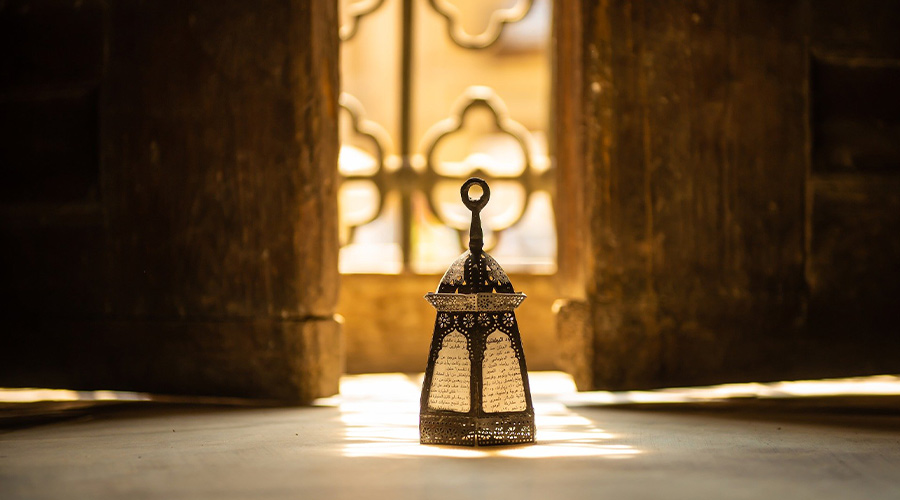I started my Ramadan prep late this year. Usually, I would have spent the weeks leading up to Islam’s holiest month taking a careful inventory of supplies and preparing the staples and treats that help my husband, my two sons, and me weather long days of fasting. Every family has a different traditional early-morning meal, or suhoor. In my household, we make homemade egg muffins, fruit salad, and meat-filled pastries. My parents reheat rice and curry from their previous night’s dinner and, inexplicably, finish with Raisin Bran. My usual preparations, though, were derailed by the coronavirus’s many restrictions on everyday life—and by my own sadness about how different Ramadan would be this year.
During Ramadan, I find solidarity in the fast, an instant connection that comes from abstaining from food and drink alongside hundreds of millions of others. However, the sense of community—attending communal prayers, visiting friends and family, breaking fast in large gatherings, and anticipating Eid al-Fitr’s celebration at the end of the month—is what has propelled me and my family through past Ramadans. None of that is possible this year. The holy month is supposed to disrupt everyday life, but this year it has been disrupted by a worldwide calamity. Muslims globally are experiencing the strangest Ramadan ever. The feeling of togetherness that is so important during this month is difficult to replicate alone at home, but I am trying to help my family find their own special connection to this Ramadan.
